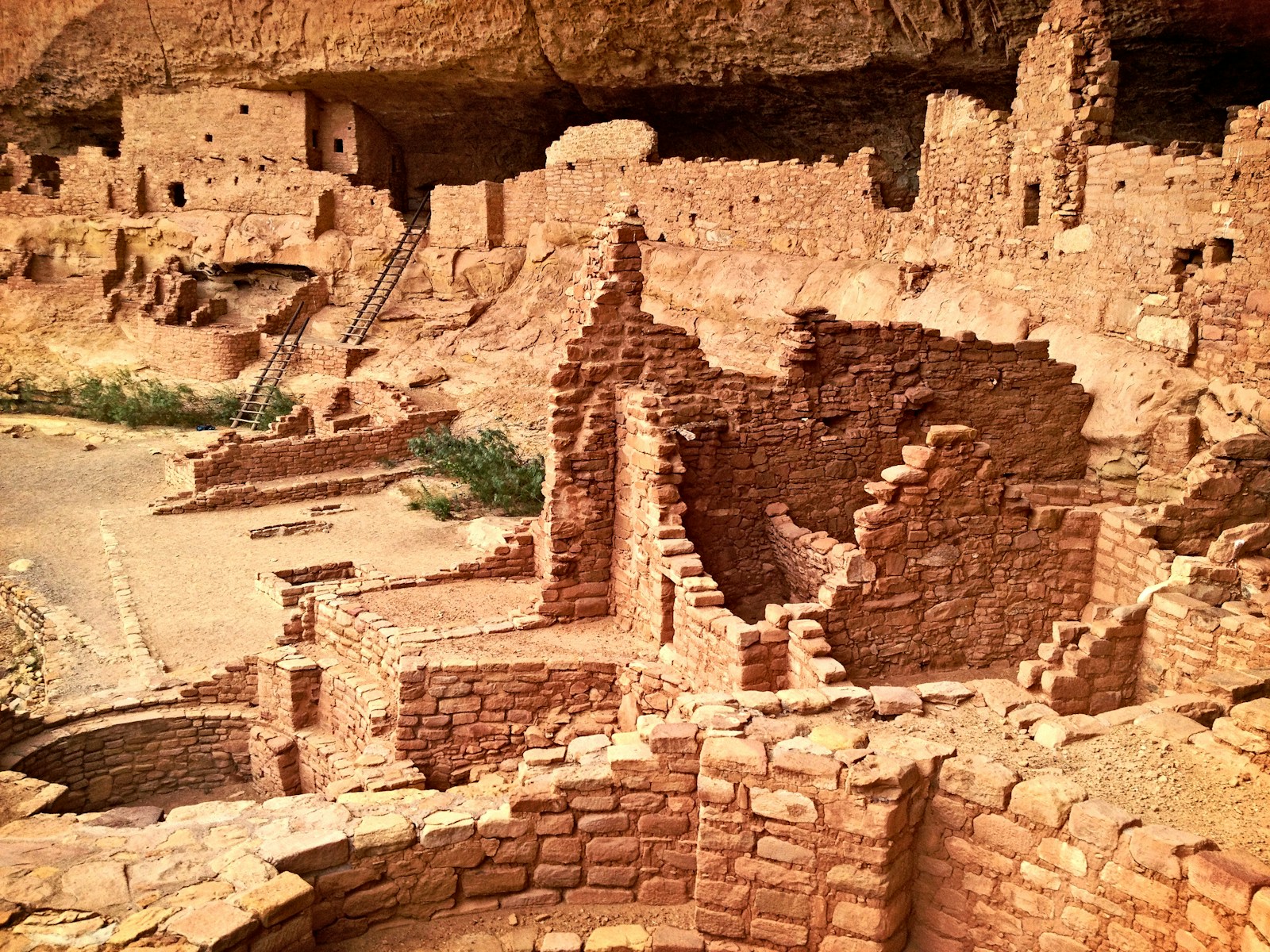
estar en la ruina

to be in ruin
'Estar en la ruina' is a Spanish phrase which translates literally to 'to be in ruin' in English. It is used metaphorically to indicate serious financial trouble or bankruptcy. Essentially, it refers to a state of being in poor condition or in a degraded state. It can apply to physical structures (like buildings) or to abstract concepts (like a person's financial state or a company's status).
Example sentences using: estar en la ruina
Los negocios de la ciudad parecen estar en la ruina debido a la recesión económica.

The businesses in the city seem to be in ruins due to the economic recession.
This sentence uses the Spanish phrase 'estar en la ruina', meaning 'to be in ruins' in English, to describe the economic status of businesses in the city. The context implies a bad economic situation causing businesses to fail or suffer major losses.
Después de la pérdida de su trabajo, Juan se siente como si estuviera en la ruina.

After losing his job, Juan feels as if he is in ruins.
This sentence employs the phrase 'estar en la ruina' to describe the emotional state of a character named Juan after losing his job. Here, being 'in ruins' is a figurative way to express feelings of despair or devastation.
Si no administramos nuestro presupuesto de manera adecuada, pronto vamos a estar en la ruina.

If we do not manage our budget properly, we will soon be in ruins.
In this example, the phrase 'estar en la ruina' is used in a conditional sentence to express a potential negative consequence (being 'in ruins') of not managing a budget appropriately. This is a common warning or advice for financial management.